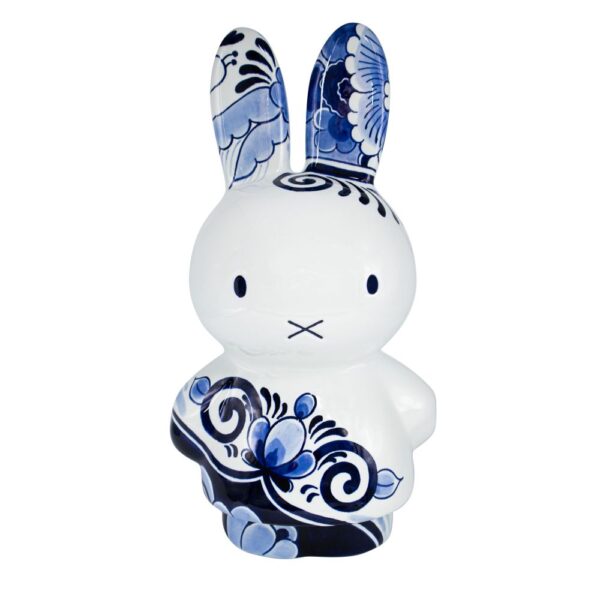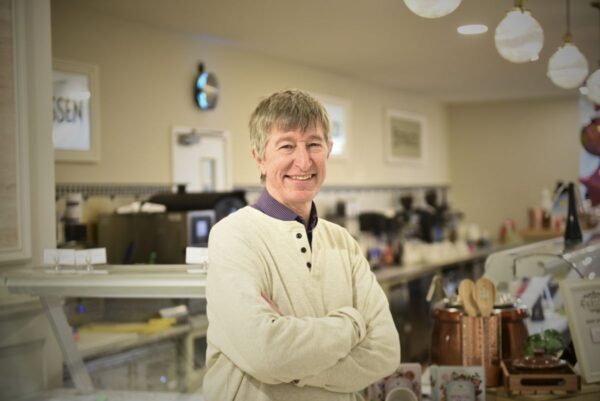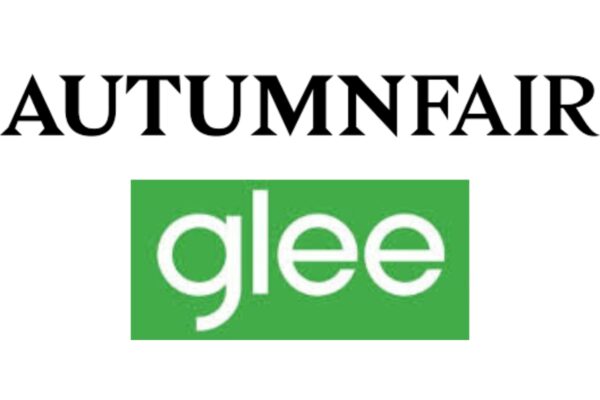 The next generation of ‘social shopper’ is expected to emerge as a force to be reckoned with by 2021 according to new research from Barclays, with 41 per cent of the UK’s consumer population expected to be influenced by or using social media to make a purchase.
The next generation of ‘social shopper’ is expected to emerge as a force to be reckoned with by 2021 according to new research from Barclays, with 41 per cent of the UK’s consumer population expected to be influenced by or using social media to make a purchase.
Amongst 25 to 34 year olds this figure is much higher with nearly half (45 per cent) of this age group already engaging in s-commerce. By 2021, the figure will have jumped to 73 per cent.
The bank is forecasting that S-commerce sales are on track to more than double to £3.3 billion within the next five years.
Around 70 per cent of online shoppers are already active users of social platforms but the number of social shoppers is set to grow further as social micro-blogging websites, such as Facebook, Twitter and Pinterest increasingly blur the boundaries between retail channels in the same way mobile technology has done.
Richard Lowe, Head of Retail & Wholesale at Barclays, said: “Shopping has always been a social activity right back to the days when people bartered rather than paid for goods. It wasn’t until the arrival of e-commerce that the social aspect of shopping was removed.
“For most consumers the social element is fundamental – shopping it is a leisure activity in the British psyche – so being able to reintroduce this aspect into the online purchasing process is a powerful tool for retailers”.
Where social media is really coming in to its own is as an influencer and multi-channel integrator rather than a direct sales channel. Users are receptive to new ideas, suggestions and recommendations when on social networking sites but are not in an active state of mind to purchase. Translated into revenues, in the next five years influenced sales are expected to more than double from £1.4 billion to £3.3 billion. This contrasts with direct sales which are expected to rise from £210 million to £300 million.
The retailers enjoying the greatest uplift in sales as a result of social media’s increasing influence are fashion, footwear, music, film and grocers.
Richard Lowe continues: “When someone you know and trusts makes a recommendation it’s extremely powerful and we’ve seen that the social shopper isn’t afraid to express online how much they want, love or dislike a product or service.
“This in turn creates a feedback loop on a product or brand. As more people post reviews, more people read them and, in turn, they give their own feedback which is picked up by a new group of consumers. Retailers should be exploring ways to tap into these communities in order to create more personalised shopping experiences”.
While social shopping is indeed on the rise, Facebook users are starting to rebel against being ‘sold’ to potential advertisers for marketing purposes. The social networking giant has just introduced a new feature that automatically allows users’ personal photographs to be used for advertising purposes by third parties wishing to give the illusion of friendly recommendations between contacts. To turn off this invasive feature users must visit their ‘Account Settings’, click on the ‘Facebook ads’ link on the left, then ‘Edit third party ad settings’.















